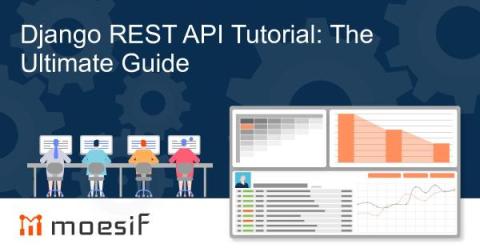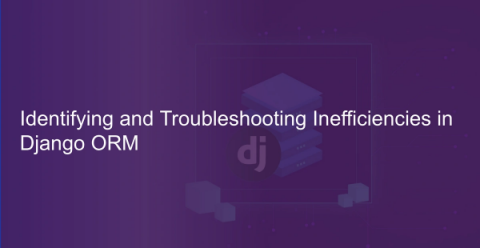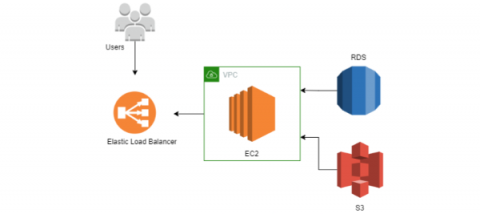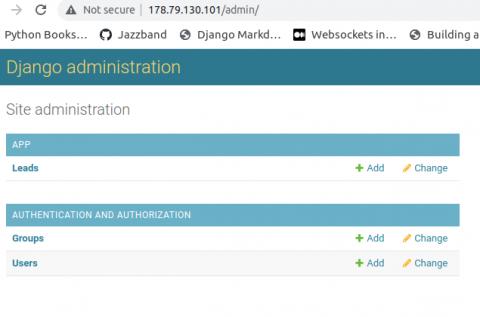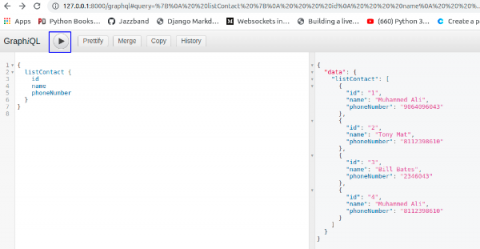Systems | Development | Analytics | API | Testing
Django
Django REST API Tutorial: The Ultimate Guide
Are you ready to start exploring the world of API development with Django? In this tutorial, we will begin an exploration of how to leverage Django together with the Django REST framework, a robust and versatile framework for creating efficient and scalable APIs. This guide is designed to provide you with a clear and structured approach to Django REST API, ensuring that both beginners and experienced developers can navigate and utilize this powerful tool with ease.
Options for passwordless authentication in Django apps
Overcoming the Cold Start Challenge with Gunicorn Workers in Python in Django Applications
Performance metrics in computer science are typically based on time and space complexity. Time complexity deals with the application's execution time, while space complexity pertains to the memory it consumes during execution. For Django, performance relates to the speed at which a server processes user requests and returns results. The quicker the response, the better the user experience.
Identifying and Troubleshooting Inefficiencies in Django ORM
The Python web framework Django is an excellent choice for building performant web apps. Disqus, Pinterest, and Instagram are all built on a Django foundation. Django offers simplicity, flexibility, reliability, scalability, and all the tools you need to build a web app from admin to authentication to ORM. But this “batteries included” approach has disadvantages. It can hide a lot of the true complexity of an app from developers. Django ORM is a great example.
Deploying a Django Application to Elastic Beanstalk
Amazon's Elastic Beanstalk service makes deploying and managing high-availability web applications on AWS easier. In this article, learn how to deploy a Python/Django application to Elastic Beanstalk.
Deploying a Django application on Ubuntu
Do you need complete control over your production environment? If so, you might want to skip the Platform as a Service (PaaS) offerings and deploy to your own server instead. This article describes deploying a Django application to an Ubuntu server at Linode.
Working With GraphQL and Django
If you've ever wondered if there is a better way to build and consume APIs, you should check out GraphQL—it's better than REST in many cases. This article discusses how to work with GraphQL in Django.
How to Dockerize a Django and React Application
Docker offers many benefits, but it can be tricky to get started—especially when you need to deploy several components. In this article, Muhammed Ali shows how to use Docker and Docker Compose to containerize an application built with Django and React.
Job Queues and Workers in Django
Job queues are a powerful tool for processing background work in your Django applications. This article teaches about job queues and workers—and how to implement them with Django Q and Celery.



